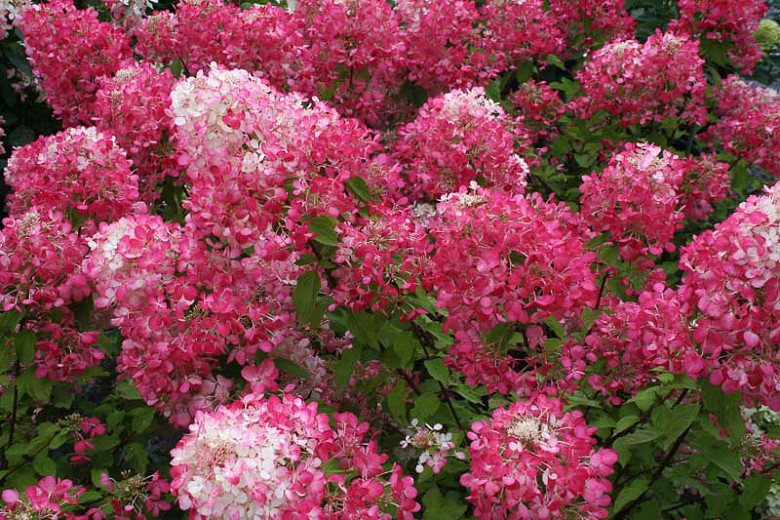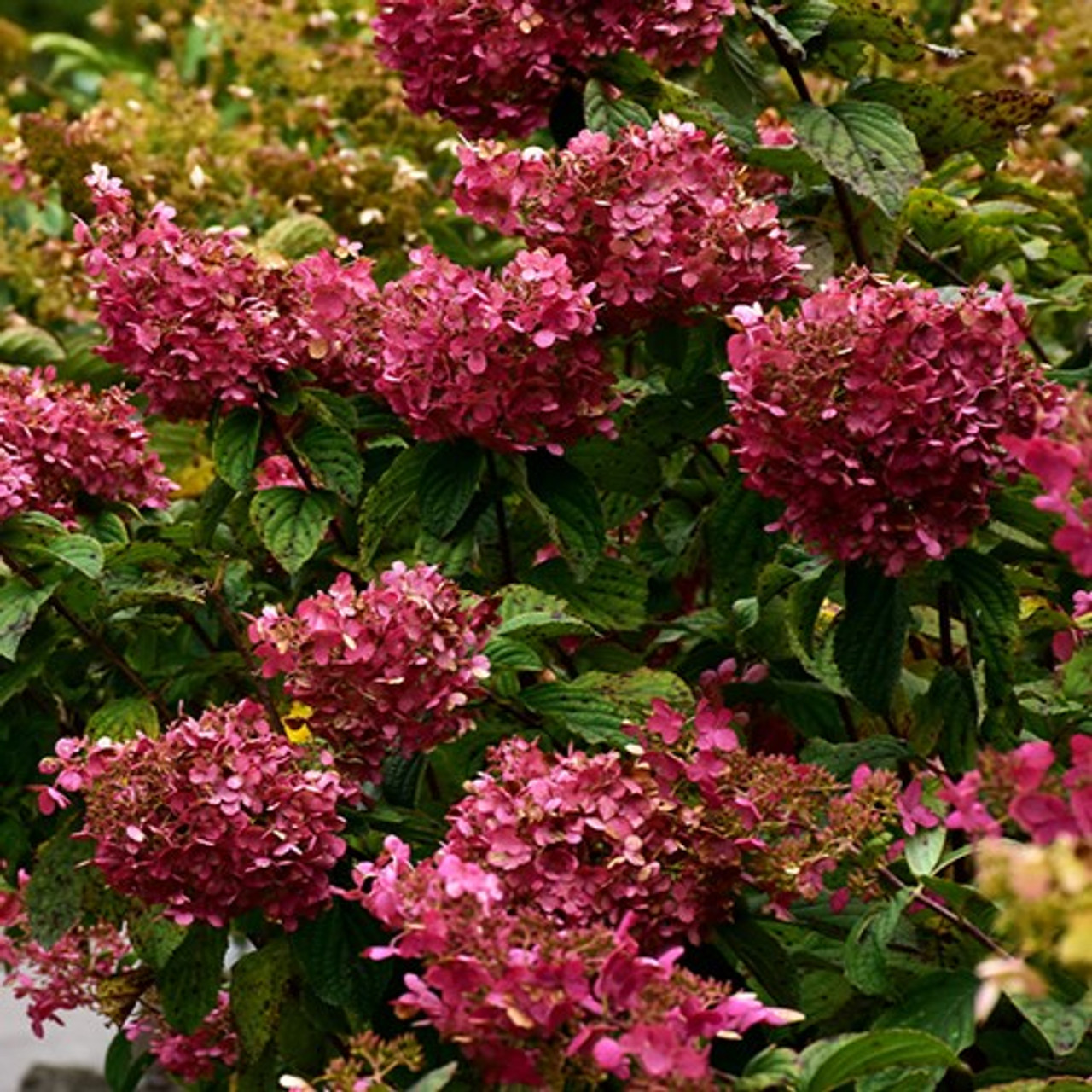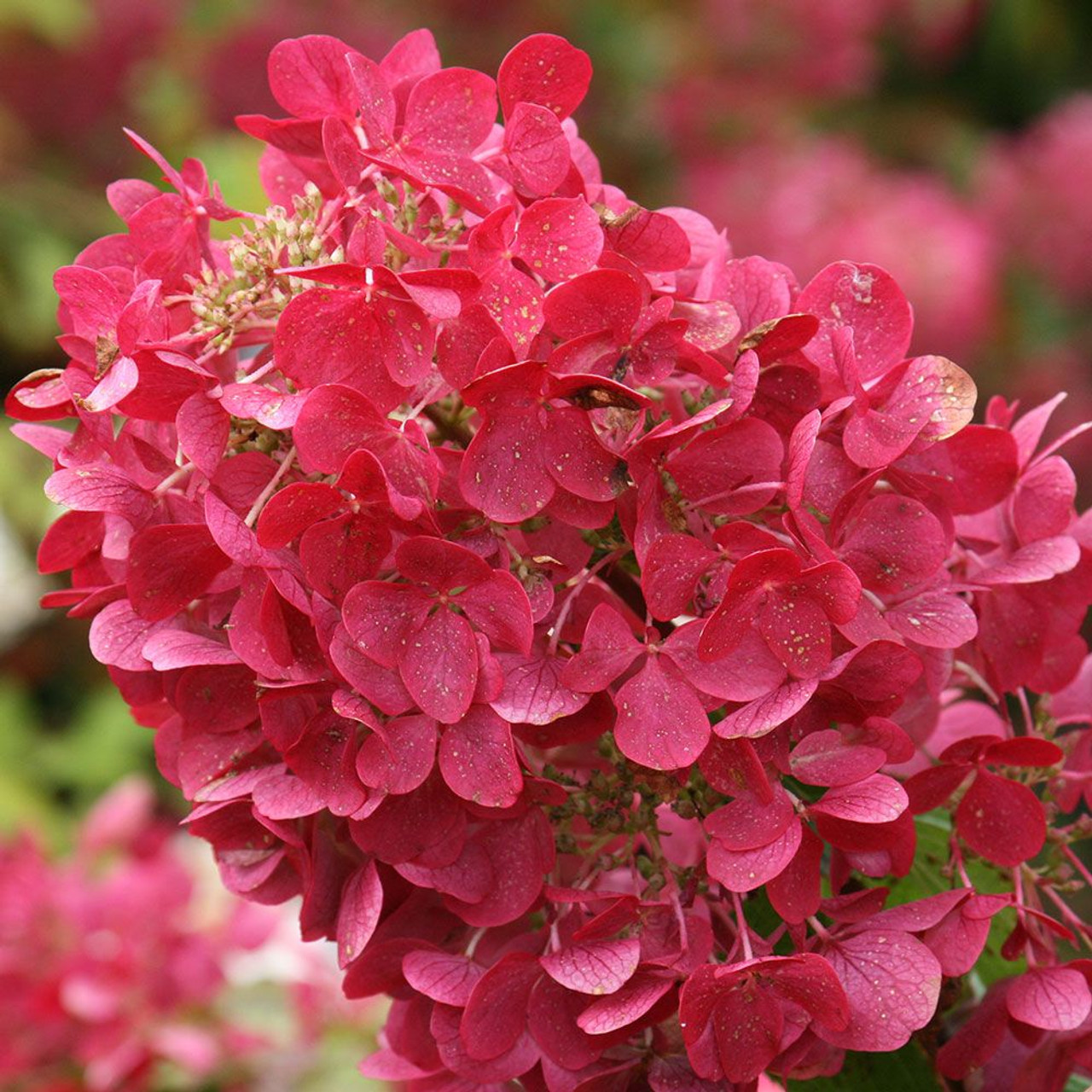How To Grow And Care For The Stunning Diamond Rouge Hydrangea
How to Grow and Care for the Stunning Diamond Rouge Hydrangea
Diamond Rouge hydrangea is a beautiful and versatile shrub that can be grown in a variety of conditions. It is known for its large, cone-shaped flowers that bloom in shades of pink, red, and white. Diamond Rouge hydrangea is relatively easy to care for, but there are a few things you need to know to keep it healthy and thriving.
Introduction
In this blog post, we will discuss the basics of growing and caring for Diamond Rouge hydrangea. We will cover topics such as:
- Choosing the right location
- Preparing the soil
- Planting
- Watering
- Fertilizing
- Pruning
- Pests and diseases
We will also provide some tips for troubleshooting common problems. By following these tips, you can enjoy your Diamond Rouge hydrangea for years to come.
Main Content
Choosing the right location
Diamond Rouge hydrangea is a sun-loving plant, but it can also tolerate partial shade. If you live in a hot climate, it is best to plant your hydrangea in a location that receives afternoon shade. The soil should be moist but well-drained.
Preparing the soil
Before planting, amend the soil with compost or other organic matter. This will help to improve the drainage and fertility of the soil. The pH of the soil should be between 6.0 and 7.0.
Planting
Dig a hole that is twice as wide and as deep as the root ball of your hydrangea. Place the plant in the hole, ensuring that the top of the root ball is level with the surrounding soil. Backfill the hole with soil and water thoroughly.
Watering
Diamond Rouge hydrangea needs regular watering, especially during the first year after planting. Water deeply and thoroughly once a week, or more frequently during hot, dry weather.
Fertilizing
Fertilize your hydrangea in early spring with a balanced fertilizer. You can also use a fertilizer specifically designed for hydrangeas. Fertilize again in late summer or early fall.
Pruning
Diamond Rouge hydrangea can be pruned in late winter or early spring. Prune to remove dead, diseased, or damaged branches. You can also prune to shape the plant.
Pests and diseases
Diamond Rouge hydrangea is relatively resistant to pests and diseases. However, it can be susceptible to powdery mildew. If you see powdery mildew, you can treat it with a fungicide.
Troubleshooting
If your Diamond Rouge hydrangea is not blooming, it may be due to a number of factors. Make sure the plant is getting enough sun, water, and fertilizer. You may also need to prune the plant to encourage flowering.
If your hydrangea's leaves are turning yellow, it may be due to a nutrient deficiency. Test the soil to determine which nutrients are lacking. You can then add fertilizer to correct the deficiency.
Conclusion
Diamond Rouge hydrangea is a beautiful and versatile shrub that can be grown in a variety of conditions. By following the tips in this blog post, you can enjoy your hydrangea for years to come.
The diamond rouge hydrangea is a beautiful and versatile shrub that can be grown in a variety of settings. It is known for its large, showy blooms that range in color from deep pink to bright red. The diamond rouge hydrangea is also relatively easy to care for, making it a great choice for even novice gardeners.
If you are interested in learning more about the diamond rouge hydrangea, I suggest visiting the website . This website provides comprehensive information about the plant, including its history, care requirements, and planting tips. You can also find beautiful photos of the diamond rouge hydrangea in bloom.
I hope you enjoy learning more about this amazing plant!
FAQ of diamond rouge hydrangea
Question 1: What is a diamond rouge hydrangea?
Answer: A diamond rouge hydrangea is a deciduous shrub that is native to Japan. It is known for its large, showy flowers that bloom in shades of pink, red, and purple. Diamond rouge hydrangeas are relatively easy to care for and can be grown in a variety of climates.
Question 2: Where should I plant a diamond rouge hydrangea?
Answer: Diamond rouge hydrangeas can be planted in full sun or partial shade. They prefer moist, well-drained soil. If you live in a hot climate, you may want to plant your hydrangea in partial shade to protect it from the afternoon sun.
Question 3: How do I care for a diamond rouge hydrangea?
Answer: Diamond rouge hydrangeas are relatively low-maintenance plants. They need to be watered regularly, especially during the summer months. You should also fertilize your hydrangeas in the spring and fall. To encourage flowering, you can deadhead spent blooms.
Question 4: What are some common problems with diamond rouge hydrangeas?
Answer: The most common problem with diamond rouge hydrangeas is leaf scorch. This can be caused by a variety of factors, including too much sun, underwatering, or poor soil drainage. You can prevent leaf scorch by planting your hydrangea in a location with dappled shade, watering it regularly, and making sure the soil is well-drained.
Question 5: How do I propagate a diamond rouge hydrangea?
Answer: Diamond rouge hydrangeas can be propagated by taking cuttings in the spring or fall. To take a cutting, simply cut a 4-6 inch section of stem from a healthy plant. Remove the lower leaves from the cutting and dip the cut end in rooting hormone. Plant the cutting in a pot of moist potting mix and keep it in a warm, shady location. The cutting should root in a few weeks.
Image of diamond rouge hydrangea
5 different images of "diamond rouge hydrangea" from Pinterest:
- Image 1: A full-bloomed diamond rouge hydrangea, with its large, pink flowers.

- Image 2: A close-up of the flowers of a diamond rouge hydrangea, showing their vibrant pink color.

- Image 3: A cluster of diamond rouge hydrangea flowers, still in bud.

- Image 4: A diamond rouge hydrangea plant, with its lush green leaves and pink flowers.
- Image 5: A diamond rouge hydrangea in a garden setting, with other flowers and plants.

Post a Comment for "How To Grow And Care For The Stunning Diamond Rouge Hydrangea"